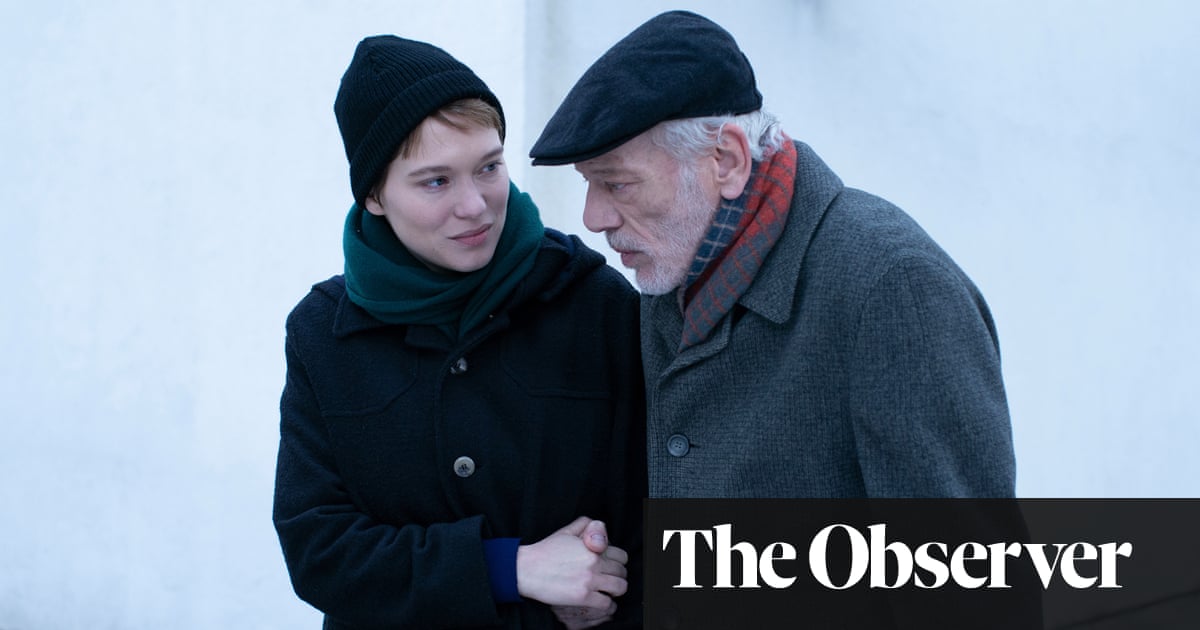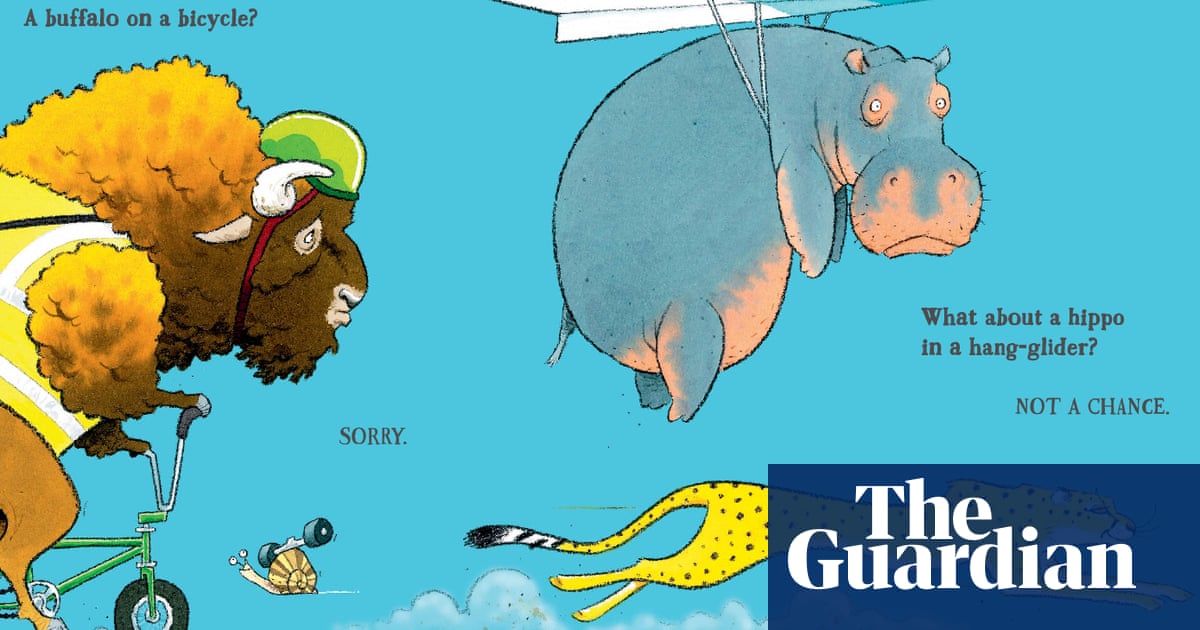
ooks offering support to parents have come on in leaps and bounds since the days when Gina Ford and Supernanny-style discipline reigned supreme. My go-to book for practical advice is The Book You Wish Your Parents Had Read (Penguin Life) by Philippa Perry.
Perry, who is a psychotherapist with more than 20 years’ experience, is not interested in manipulating children’s behaviour with naughty steps and sticker charts. Her approach may incidentally help to get your children to brush their teeth and eat their vegetables, but her emphasis is on the far deeper and more important business of how to build a mutually respectful and cooperative relationship. Her voice is wise and refreshingly nonjudgmental. This is one for parents who, in Perry’s words, “not only love their children, but want to like them, too”.
When dealing with difficult behaviour, it can help to understand how your kids’ early experiences may have influenced their emotional landscape. Why Love Matters (Routledge) by Sue Gerhardt draws on recent developments in neuroscience and developmental psychology to explain how babies’ brains are formed. She shows us that our early, fumbling parental mistakes can have consequences that play out over a lifetime.
As a working parent, I found it a sobering read – Gerhardt pulls no punches about the potentially damaging impact of putting your one-year-old in nursery, for example. But ultimately the book is so persuasive that it feels worth facing up to these tough questions. She also constructs a compelling case about the long-term social impact of a government’s failure to support parents – Boris Johnson, take note.
Mindfulness is an essential tool when it comes to surviving family life under pressure. There are hundreds of books on this topic, but for a practical guide I would turn first to Life With Full Attention (Windhorse) by Maitreyabandhu. The author is a senior teacher at the London Buddhist Centre; this eight-week course is steeped in ancient spiritual teachings, but aimed squarely at modern, secular readers, who are contending with complicated lives.
Fiction can help parents and children put our situation into perspective. During lockdown, my 10-year-old and I have treasured some rare moments of calm reading Judith Kerr’s When Hitler Stole Pink Rabbit (HarperCollins) together. This classic children’s book tells the story of a Jewish family’s escape from Nazi Germany and subsequent exile in Switzerland and France. It surveys some of the most dramatic events of the 20th century with a convincing child’s-eye view, and reassures us that a loving family can survive and even thrive in the very worst of times.
In my own precious novel-reading time, I have found myself turning to books that look frankly and fondly at familial imperfection. The Flying Troutmans (Faber) by Miriam Toews follows Hattie, her 11-year-old niece Thebes and her 15-year-old nephew Logan as they cross the US in a dilapidated camper van, looking for the kids’ father. It has something of a lockdown vibe, capturing perfectly stir-crazy conversations. Toews combines comedy with proper heartbreak to remind us that, in a messed-up world, we are sustained by the love of our families – flaws and all.
• On the Up by Alice O’Keeffe is published by Coronet (RRP £16.99). To order a copy go to guardianbookshop.com. Delivery charges may apply.









